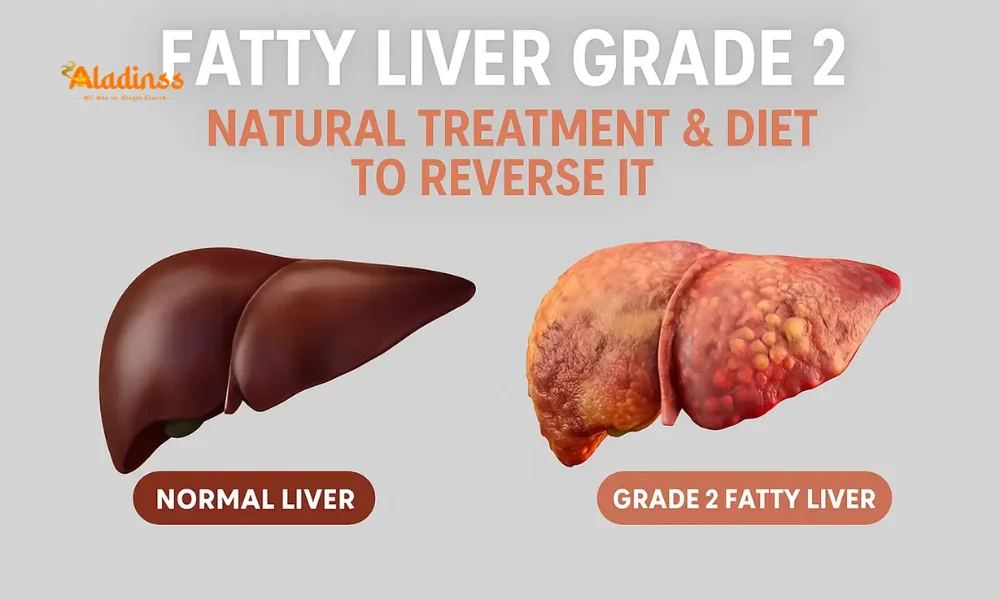Quick Toothache Relief: Home Remedies That Work

Quick Toothache Relief: Effective Home Remedies to Ease Dental Pain
Toothaches and tooth decay are increasingly common due to poor eating habits and inadequate oral hygiene. These issues cause dental pain, difficulty eating, bad breath, and even gum infections. While dentist visits are essential for severe cases, natural home remedies can provide quick toothache relief and prevent cavities. Clove oil, turmeric, and neem offer antibacterial and analgesic properties to ease pain and fight tooth cavity formation. Daily practices like brushing twice, flossing, and limiting sugar intake are key to maintaining healthy teeth and avoiding dental problems.

Clove Oil: A Natural Pain Reliever
Clove oil is a powerful remedy for tooth pain due to its antibacterial properties and analgesic effects. It can help kill bacteria and numb the affected area, providing immediate relief.
- Application Method: Soak a cotton ball with 2–3 drops of clove oil.
- Apply it directly to the painful tooth or gum area.
- Leave it on for 10–15 minutes, then rinse with warm water.
- Repeat 1–2 times daily for best results.
Note: Avoid overuse, as excessive clove oil may irritate gums. If discomfort persists, consult a dentist.
Turmeric and Salt Paste for Dental Health
Turmeric, with its anti-inflammatory and antibacterial properties, paired with salt, can clean teeth and prevent gum infection. This remedy reduces tooth decay spread and soothes pain.
- How to Use: Mix 1 teaspoon of turmeric powder with a pinch of salt to form a paste.
- Apply the paste to the affected tooth using a clean finger or toothbrush.
- Let it sit for 5–10 minutes, then rinse with warm water.
- Use daily to reduce inflammation and cavity risk.

Neem: An Ancient Solution for Strong Teeth
Neem has been used for centuries in oral care due to its ability to strengthen teeth and combat tooth decay. Its antimicrobial properties help reduce plaque and bacterial buildup.
- Usage Tips: Grind fresh neem leaves into a paste or use neem powder.
- Apply the paste to the affected tooth or brush with a neem-based toothpaste.
- Rinse thoroughly after 5–10 minutes.
- Incorporate neem into daily brushing for long-term benefits.
Daily Oral Hygiene Practices to Prevent Tooth Decay
Preventing tooth decay requires consistent oral hygiene. Poor habits, like excessive sugar consumption or neglecting to brush, accelerate cavity formation and dental pain.
- Brush Twice Daily: Use fluoride toothpaste to clean teeth thoroughly.
- Floss Daily: Remove food particles and plaque between teeth.
- Rinse with Mouthwash: Use an antiseptic mouthwash or warm salt water to kill bacteria.
- Limit Sweets: Reduce intake of chocolates, cakes, and sugary drinks to prevent cavities.

Additional Remedies for Pain and Swelling
For immediate relief from dental pain or swelling, simple home remedies can be highly effective. These methods are easy to apply and use common household items.
- Warm Salt Water Rinse: Mix 1 teaspoon of salt in a glass of warm water and gargle for 30 seconds.
- Ginger Paste: Apply fresh ginger paste to the painful area for its anti-inflammatory benefits.
- Ice Pack: Place an ice pack on the cheek to reduce swelling and numb pain.
When to See a Dentist
While home remedies offer temporary relief, they are not a substitute for professional care. If pain persists, worsens, or is accompanied by swelling or fever, consult a dentist immediately. Large cavities or infections may require fillings, root canals, or other treatments to prevent complications like tooth loss or gum disease.
Combining these remedies with proper diet and oral hygiene can protect your teeth and maintain a confident smile. Limit sugar intake, brush regularly, and use natural remedies like clove oil, turmeric, and neem to keep dental issues at bay. Always prioritize professional advice for severe cases to ensure long-term oral health.
Comment / Reply From
No comments yet. Be the first to comment!






